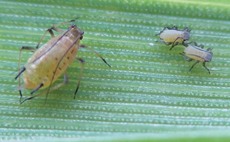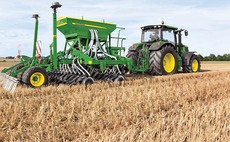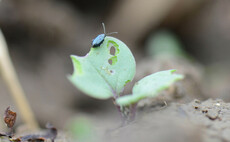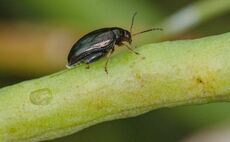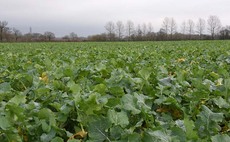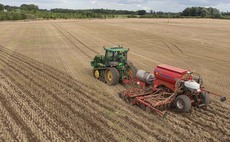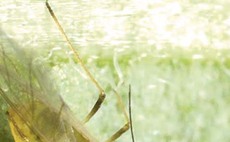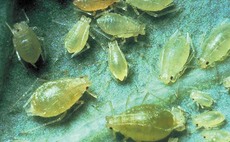Neonicotinoids
Arable
With a focus on agroecological food production, this year’s Oxford Real Farming Conference discussed the latest research on low input crop management.
Arable
The unseasonably mild conditions for October have presented good drilling conditions across the country, but growers are being warned of higher barley yellow dwarf virus (BYDV) pressure this autumn.
Arable
With 2021 oilseed rape yields pegged to sit slightly above the five-year average and prices at all-time highs, the crop has helped to redeem itself this harvest.
Arable
Researchers working to combat cabbage stem flea beetle have been supported by a fresh injection of funds.
Arable
There is good evidence that a trap crop of volunteer oilseed rape can reduce cabbage stem flea beetle (CSFB) damage by luring the pest away from the crop.
Arable
After an easier year for oilseed rape, the crop is expected to claw back some of its reputation this harvest, and area is predicted to rise again for the 2021/22 season.
Arable
Getting oilseed rape crops in early can ensure it is better placed to resist cabbage stem flea beetle attack. Farmers Guardian summarises the latest advice from a new guide.
Arable
Warmer temperatures are encouraging aphids to fly, and an increase in aphid numbers is now being widely reported and recorded across the British Beet Research Organisation’s (BBRO) yellow water pan network.
Arable
A new study by the Game & Wildlife Conservation Trust (GWCT) has found that a simple field-based monitoring system run by farmers, could help reduce the use of insecticide spraying to tackle BYDV.
Arable
HSE has issued an emergency authorisation (EA) for the use of InSyst (acetamiprid) on sugar beet.

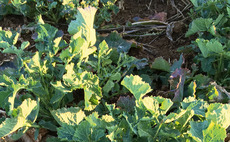
 14 January 2022
•
2 min read
14 January 2022
•
2 min read
